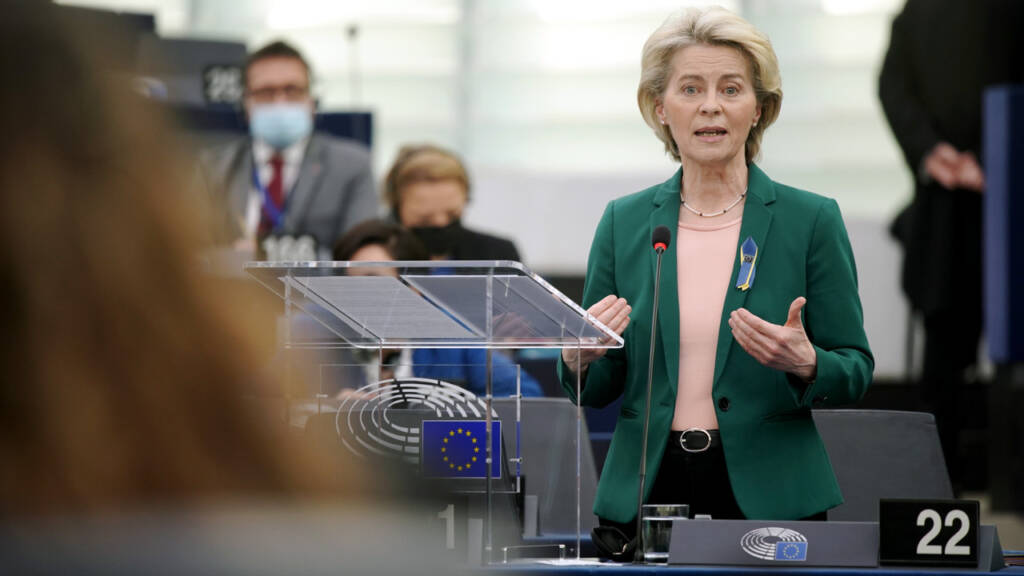The European Union (EU), a 27-nation bloc, may appear strong from the outside, but the truth is that it is cracked and slowly falling apart. The EU finds itself entangled in a web of multiple crises, putting its cherished values to the test.
From economic turmoil and political divisions to migration challenges and rising nationalism, the EU faces an uphill battle in maintaining unity and upholding its fundamental principles. It’s like riding a never-ending roller coaster of turmoil.
Here are ten crises that one needs to know to understand the EU better
BREXIT
Brexit tops the list of EU woes, as the aftermath of the United Kingdom’s departure continues to unleash complex challenges. Negotiating trade agreements, managing the Irish border issue, and ensuring the stability of the Northern Ireland peace process demand unwavering attention. The economic implications of Brexit, including supply chain disruptions and potential financial repercussions, loom large, requiring the EU to navigate uncertainties while safeguarding its unity and the principles of the single market.
Migration
Migration presents another daunting challenge. Swaths of Syrian, Ukrainian, and African migrants have strained the EU. Striking a balance between humanitarian obligations and national security concerns is no easy feat. The contentious issue of fairly distributing the responsibility of accommodating refugees and asylum seekers among member states tests the solidarity and cohesion of the EU.
Euro debt Crisis
It is a crisis that never ended. The Eurozone debt crisis continues to plague several countries, grappling with high levels of public debt and sluggish economic growth. The EU must ensure debt sustainability, implement structural reforms, and foster economic stability in these nations to revive their economies and pave the way for sustainable growth.
The Rising Conservatism
Rising conservatism and the surge of populist movements and eurosceptic sentiments add fuel to the EU’s already blazing fire. Capitalizing on frustrations with globalization and immigration, these movements amplify nationalism and challenge the EU’s unity and integration aspirations. In the wake of the Ukraine war, resentment against Brussels has reached an all-time high.
France vs. Germany
The Germany-France divide has further deepened the EU’s woes. Debates over economic governance and responses to financial crises highlight stark differences. Germany emphasizes fiscal discipline and structural reforms, while France advocates for expansionary fiscal policies and investment to stimulate growth. Disagreements on EU defense and security initiatives persist, with France pushing for stronger European defense cooperation while Germany remains cautious, emphasizing NATO and transatlantic ties.
The Energy Lust
Russian energy lust has also contributed to the EU’s struggles. Russia’s use of energy resources as a tool for political leverage and influence raises concerns. Disruptions in gas supplies due to conflicts, such as the war between Russia and Ukraine, expose vulnerabilities in the energy supply chain, prompting calls for diversification.
The Catalonia Secession
The Catalonia secession, a source of political tension, tests the EU and Spain’s unity. The issue of Catalan independence has sparked intense debate, with Catalonia seeking greater autonomy or complete independence. The controversial 2017 independence referendum and subsequent political conflicts underscore the challenges of managing regional aspirations within a larger nation-state.
Chinese Dependence
Chinese dependence poses economic and geopolitical risks for the EU. Reliance on Chinese imports in various sectors, coupled with concerns about unfair trade practices, can undermine fair competition and create economic imbalances. The EU must tread carefully to safeguard its interests and address the challenges posed by its relationship with China.
The East vs. West
The East-West divide, marked by disparities and grievances, adds to the EU’s troubles. Economic inequalities fuel feelings of marginalization in Eastern European countries, which perceive Western counterparts as receiving preferential treatment. Political differences further exacerbate the divide.
Rogue Allies
Several rogue allies, including Hungary, have strained the EU. Clashes with the European Commission and Parliament over the perceived erosion of democratic institutions, the concentration of power, and the weakening checks and balances have raised concerns. Hungary’s confrontational stance challenges EU cohesion.
Read More: The EU had a ‘Classified Alliance’ with Russia all this long
As these crises persist, the EU’s weakness becomes more apparent, and the risk of fragmentation looms larger. The road ahead is paved with challenges, and unless addressed promptly and decisively, the EU’s roller coaster ride of turmoil may ultimately lead to its downfall.
